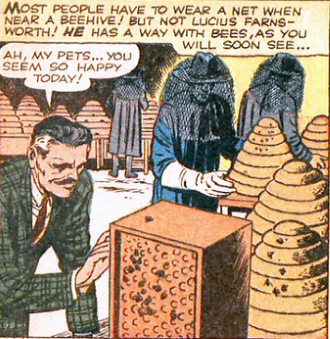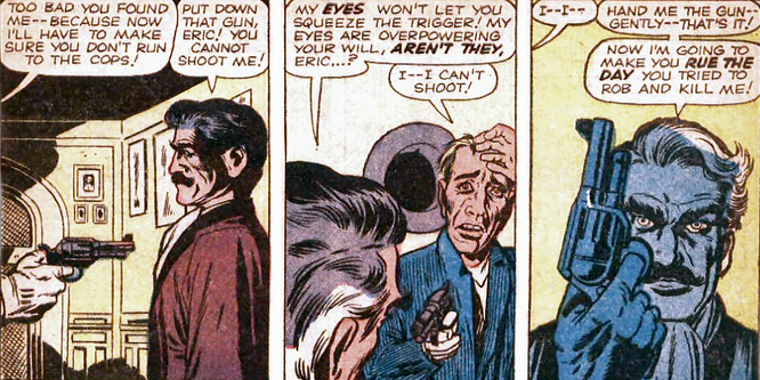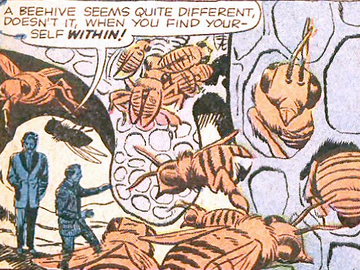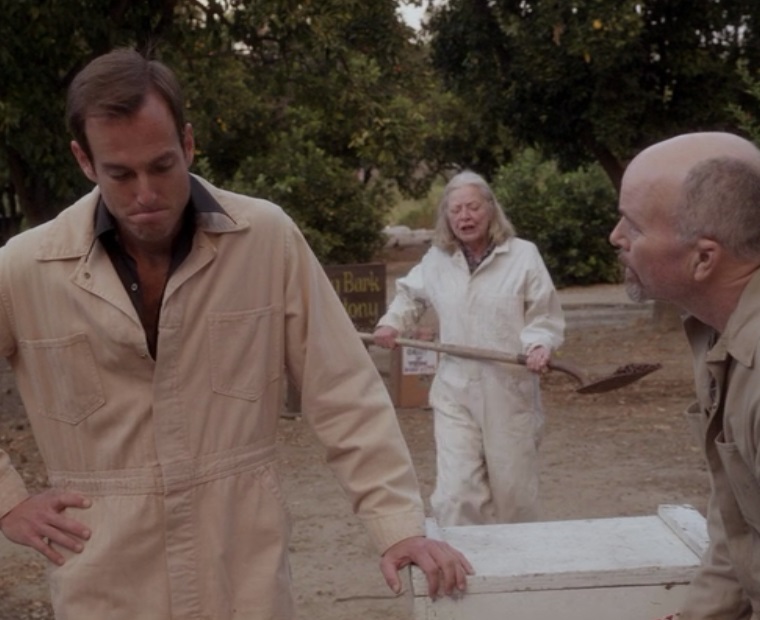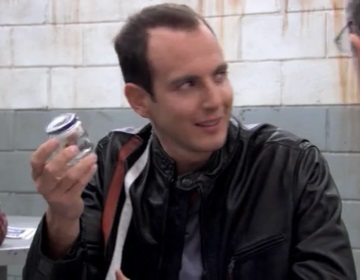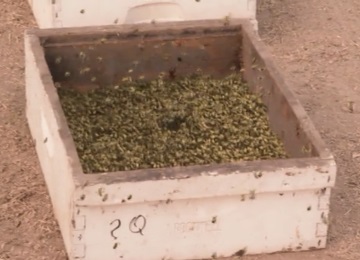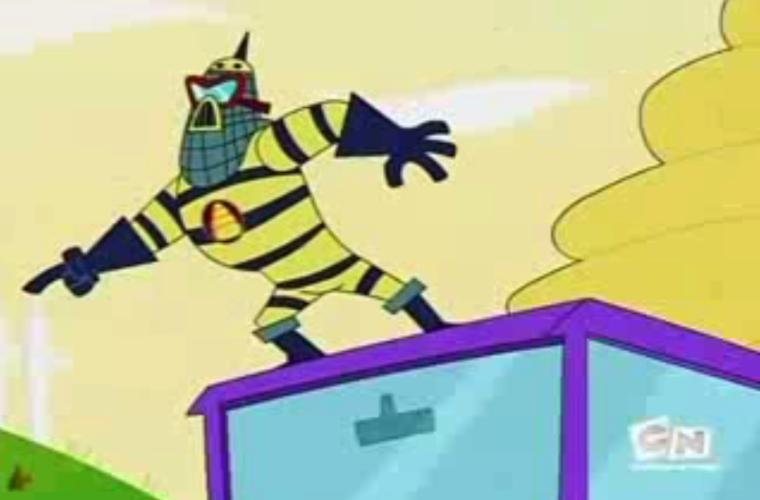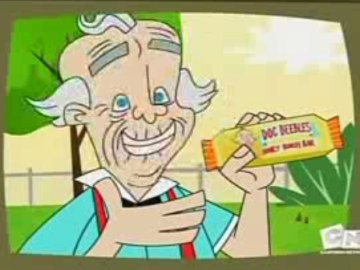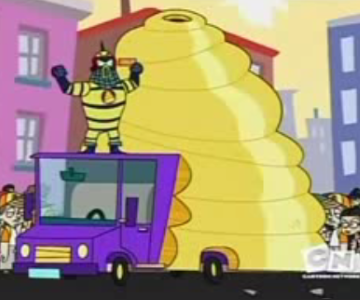Beekeeper Review: Mirasol
“When human beings first discovered honey, they had hunted the wild bees and followed them back to their nests. Some enterprising honey-lover must have noticed that bees often nested in hollow trees, and so, perhaps, rolled or dragged or hacked out a suitable log nearer hoe, left it at a convenient spot, and hoped a passing swarm might settle in it. Eventually someone began experimenting with making hives out of straw, mud, clay, pottery, and with sowing the seeds of plants bees were seen to like; and eventually with breeding more docile bees.”
This history of beekeeping comes from the point of view of a young lady called Mirasol. The protagonist of the novel “Chalice” by Robin McKinley, Mirasol lives in a place called the Willowlands in a fantasy universe that relies very heavily on traditions. The Willowlands are governed by a body called the Circle, eleven mystically appointed individuals who keep the realm from tearing itself apart, literally and figuratively.
At first, Mirasol is just an ordinary civilian, keepin’ bees out in the forests of the Willowlands. Even at this point, she’s damn good at beekeeping. From a line of beekeepers going back at least as far as her great-grandmother, she is the most successful beekeeper in the Willowlands. It is widely acknowledged that her bees produce the best honey “because they like [Mirasol]” and she knows how to treat wounds, such as burns, with honey and make candles from beeswax that contain honey for scenting. Her bees are “unusually large” and “only their bellies were striped yellow; their backs were a black as velvet-gloss as a fine horse’s.” She also has a policy of helping her colonies survive through the winter, instead of culling them as the other beekeepers in the realm do (which probably is why the bees like her).
But that’s just the beginning for ol’ Mirasol! Because after a tragic turn of events that results in the death of several members of the Circle, Mirasol is chosen by the mystical powers that guide the land. Mirasol is made the new Chalice, which is not only a member of the Circle, it is the highest ranking member. The bad news is that Mirasol was never given the training she needed for a magical and highly ceremonial role. To make things worse the turmoil of Willowlands are “teetering on the edge of disintegration” because of this traumatic changeover. Spoilers though: in the end thing turn out well enough for the Willowlands. I’m here to talk about her powers.
Becoming the Chalice gives Mirasol’s already impressive Beekeeping Stats an incredible boost. Every Chalice is connected to a symbolic fluid, mostly water or wine, though there are historical precedents for milk or blood, but Mirasol becomes the very first Honey Chalice. Almost as soon as she is chosen as Chalice, her bees just go into overdrive. They dedicate whole hives to storing honey without combs, so Mirasol can drain the honey without the need to break anything, and in other hives they store empty wax for her to use for things such as make candles. They even seem to store excess pollen for the winter. Furthermore, she develops an ability to “listen” to honey and tell what kind of benefits it has, which is good because her bees produce a bunch of different types of honey. There’s a honey for helping one sleep and another for giving one energy to stay up. One is good for curing stomach-aches and another keeps dogs from barking. Basically, she’s got a bunch of magic potion honeys on tap and ready to use.
Given that they already liked Mirasol, it is no surprise that in her powered-up form, her bees never sting her and she never needs smoke to calm them. They also develop a tendency to follow her around in small groups, helping her out or protecting her. When the final climactic scenes of the book come, her swarm is joined by bees that aren’t from her hives, and even wild bees.
Finally, Mirasol does get angry from time to time, but never to an extent that it seems to be Beekeeper Rage. Thus, I have to say that the one and only thing that keeps Mirasol from getting a perfect score is that she shows no skills as a fighter. And personally, given how well she picked up being the Chalice of the Willowlands, I bet that if she tried it out, she’d master it pretty easily.

Four Honeycombs out of Five.


